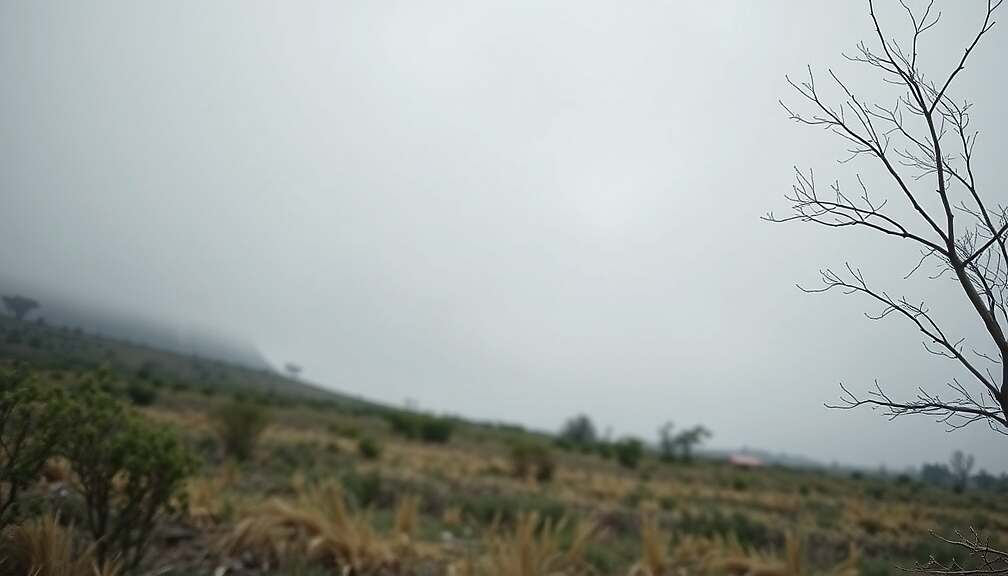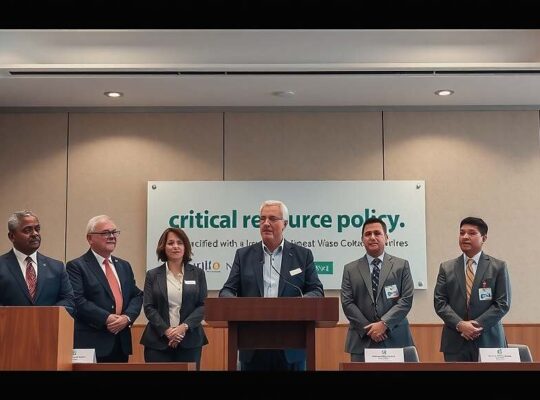The search for a permanent repository for Germany’s nuclear waste has narrowed, with the Federal Company for Radioactive Waste Management (BGE) announcing on Monday that roughly 25% of the country’s landmass remains under consideration. The potential sites are largely concentrated in Northern Germany, although a handful of regions in the South also remain viable options. The BGE aims to identify locations for initial surface exploration by the end of 2027.
While Federal Environment Minister Carsten Schneider (SPD) welcomed the progress, he simultaneously underscored the urgency of accelerating the process. Acknowledging the anxieties of communities hosting interim storage facilities, Schneider stressed the need for a substantially faster pace moving forward. He pledged to optimize the site selection procedure, while reaffirming the paramount importance of safety considerations.
Schneider’s commitment to accelerating the process raises questions about the potential for political pressure to compromise the rigorous scientific evaluation currently guiding the selection. Critics argue the protracted timeline has already fostered distrust and resentment among affected populations and further expediting the process risks undermining the legitimacy of the entire endeavor.
“We owe it to the people living in these regions to make significant advancements” Schneider stated. He announced plans to introduce a legislative amendment early next year, which will then be presented for debate within the cabinet and parliament. This proposed amendment, while framed as a measure to streamline the process, is likely to generate intense scrutiny regarding its potential impact on the independence and thoroughness of the scientific assessments. Concerns persist that political expediency could outweigh the imperative of ensuring the long-term safety and security of Germany’s nuclear waste. The potential trade-off between speed and scientifically sound methodology remains a central point of contention.












